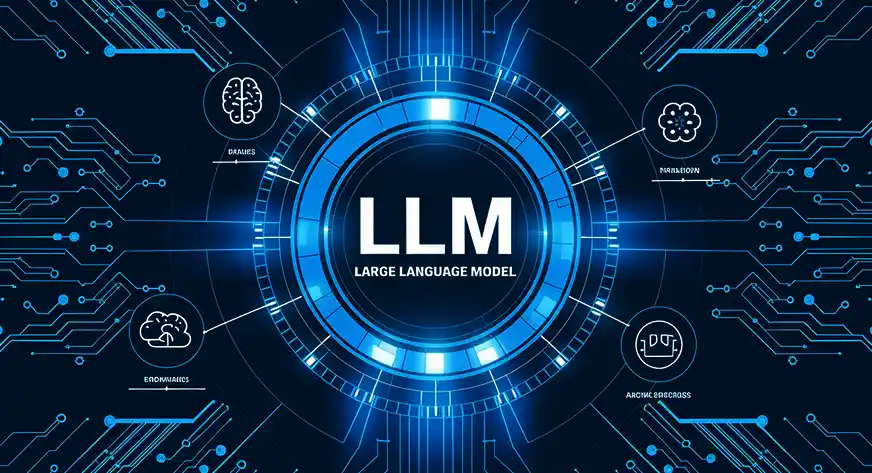Micro LLMs are emerging as a potentially transformative technology in the field of artificial intelligence, particularly for applications in resource-constrained environments. Unlike their larger counterparts, which demand significant computational power and memory, micro LLMs are designed to operate efficiently on devices with limited resources, opening up a wide array of new possibilities for on-device AI. These compact language models are not simply scaled-down versions of larger models; they are purpose-built to optimize performance, latency, and energy efficiency, making them ideal for mobile devices, IoT hardware, and edge computing platforms.
One of the key advantages of micro LLMs is their ability to provide faster response times. By moving AI inference closer to the device, the need to transmit data to and from the cloud is reduced, resulting in lower latency and a more responsive user experience. This is particularly crucial for applications where real-time interaction is essential, such as on-device customer support, real-time transcription, and autonomous navigation.
Another significant benefit of micro LLMs is enhanced data privacy. Since data doesn't need to leave the device for processing, the risk of sensitive information being exposed to third parties is minimized. This is especially important in industries such as healthcare and finance, where data privacy regulations are stringent. Micro LLMs also offer better offline functionality, allowing users to access AI-powered features even without an internet connection.
Micro LLMs can be highly optimized and fine-tuned to become experts in very specific areas. A micro LLM trained specifically on medical terminology will likely outperform a general-purpose giant LLM when it comes to understanding and generating medical reports. Because they're trained on more focused datasets, well-crafted Micro LLMs can be less prone to making up incorrect information (those “hallucinations”) within their area of expertise. They have a deeper understanding of their specific world.
Several techniques have made it feasible to shrink models while maintaining remarkable performance levels. Quantization reduces the precision of the model's parameters, while pruning removes less important parameters altogether. Knowledge distillation involves training a smaller "student" model to mimic the behavior of a larger "teacher" model. These methods enable developers to create micro LLMs that are both compact and accurate.
Micro LLMs are finding applications across various industries and use cases. In the enterprise, they can be fine-tuned for specific domains such as IT, HR, legal, or customer support, providing precise and actionable insights. They can also be customized to cater to specific domains like investment banking, asset management or insurance. A model specialized in asset management can provide insightful investment analysis, portfolio optimization suggestions and automated performance reporting. Furthermore, they can be tailored to provide personalized services by integrating with an organization's unique datasets, workflows and customer engagement platforms. Chatbots and virtual assistants, especially in customer service, can leverage micro LLMs to handle routine inquiries and enhance operational efficiency.
In education, micro LLMs can power personalized learning tools, such as interactive tutors and on-device study aids. These tools can provide tailored hints, create quizzes from textbooks, summarize lecture notes, and help students practice presentations, all while working locally on a tablet or laptop.
The development and deployment of micro LLMs also present several challenges. Ensuring data quality and avoiding biases in training data are crucial for producing accurate and reliable models. The complexity of LLM architectures requires careful tuning of hyperparameters. Ethical considerations, such as avoiding harmful or discriminatory outputs, must also be addressed.
The future of micro LLMs is bright, with ongoing innovation expected to further improve their efficiency, accessibility, and real-world deployment capabilities. As AI technology continues to advance, micro LLMs are poised to play an increasingly important role in bringing intelligent systems to every device and computing environment. As the technology matures and developers get even better at crafting these efficient little powerhouses, their impact is only going to grow. Expect to see a world where smart, responsive, and private intelligence is woven even more seamlessly into the fabric of your digital life.
Micro LLMs and giant LLMs will likely work together. Your device might try to handle a request with its local Micro LLM first for speed and privacy. If the task is too complex, it might then (with your permission) tap into a larger cloud-based model for more horsepower. Giant LLMs could be used as “teacher” models in automated pipelines to create many specialized “student” Micro LLMs for various tasks.

















